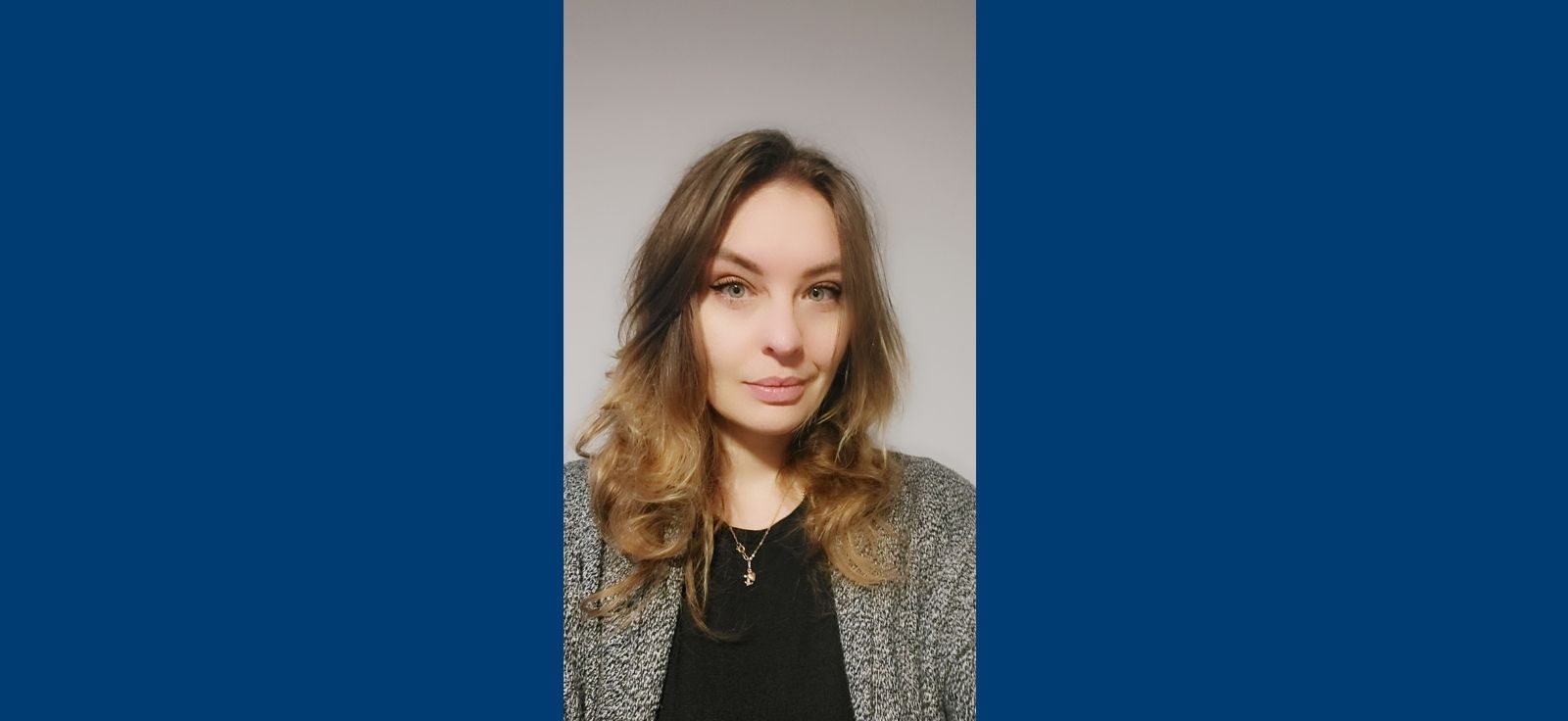For skilled professionals like Olga Gerasymchuk, who recently moved from Ukraine to Canada, microcredentials are an efficient way to upskill for relevant and in-demand skills to support the evolving needs of the workforce. Olga is quickly and successfully transitioning into the engineering field in Canada with the support of the Building Energy Modelling and Simulation microcredential at BCIT. Building Energy Modelling and Simulation is one of many microcredentials offered at BCIT which are fully funded through Canadian Colleges for a Resilient Recovery (C2R2) to support the growth of Canada’s low-carbon economy. The $46.5 million investment by the Government of Canada is intended to support the transition to a low-carbon economy and means that professionals like Olga can train at select accredited post-secondary Institutes across Canada, at no cost.
With Olga’s success, she encourages other professionals to pursue opportunities offered by C2R2 to ensure their skillsets are well-prepared to support in-demand jobs across industries.
From leaving Ukraine to securing an engineering job in Canada
Olga built a successful career as an independent energy efficiency engineer in Ukraine, and has 15 years of technical experience. She says both of her parents are engineers, so choosing her profession was simple. She attended the Kiev National University of Construction and Architecture, and earned her Masters in Engineering. Unfortunately, due to the Russia – Ukraine conflict, Olga was forced to leave Ukraine and arrived in Canada in September 2022.
With her technical skills and experience, Olga quickly landed a new position as a building performance analyst with a sustainability and energy consulting firm. However, she needed to learn as much as possible about energy modulation in Canada in a short time. After researching available post-secondary programs and seeking advice from colleagues, she decided to enroll in the Energy Modelling and Simulation Fundamentals microcredential at BCIT. The course prepared her to build an energy model, complete simulations throughout the building process, and analyze the results of an energy efficiency and greenhouse gas (GHG) study.
“I had a great instructor who taught and explained the information very well, in a way I could understand even though English is my second language, explained Olga. “The BCIT microcredential was important for me because now I can work within my field. I can do my job.”
Despite the complex challenges of adapting to life in Canada, she says that her instructors at BCIT really supported her learning throughout the course. The curriculum was very thorough, and delivered by Jeanie Chan, an instructor who was very engaging and ensured that each person was able to process and apply the information. Olga emphasized how supported and encouraged she felt, and that the instruction offered was immediately applicable to her work.
“In class, Jeanie Chan would invite us to ask questions related to the work and industry, not just the course material, to teach us all. I asked her some questions related to a project at work, and she still took the time to answer.”
There are three courses under the Building Energy Modelling and Simulation microcredential. Olga has already completed the first course, Building Energy Modelling and Simulation Fundamentals, and is well on her way to completing the second course on Advanced Building Performance Simulation, as well as soon to to start the third course on High Performance Building Design – Project Course.
Have you subscribed? Sign-up to receive the latest news on BCIT.
The impact of the C2R2 grant for Olga has been invigorating as she now feels well-prepared to work in both Canada and Ukraine. Olga now works at Pratus Group, a full-service sustainability and energy management consultancy, and engineering and commissioning practice with experience leading projects in a wide variety of sectors. Pratus Group is also a part of the Quasar Consulting Group.
Olga had been interested in energy modelling before she arrived in Canada, and says a recurrent theme within her work in Ukraine had been minimizing resources, maximizing productivity, while decreasing cost. She added that the opportunity to have access to train at BCIT has been a gift despite the challenges of leaving Ukraine.
“The BCIT microcredential is just wonderful, added Olga. “I highly encourage skilled professionals to consider this course or to explore other microcredentials offered through C2R2.”
Microcredentials are short, for-credit, modular programs or courses that help you quickly master new skills and gain knowledge essential in Canadian industries. Explore microcredentials offered at BCIT.

This a fabulous news. Way to go Olga. The Canadian Colleges Resiliency Recovery program is a great opportunity for all Canadians to upscale their career skills in a meaningful way.